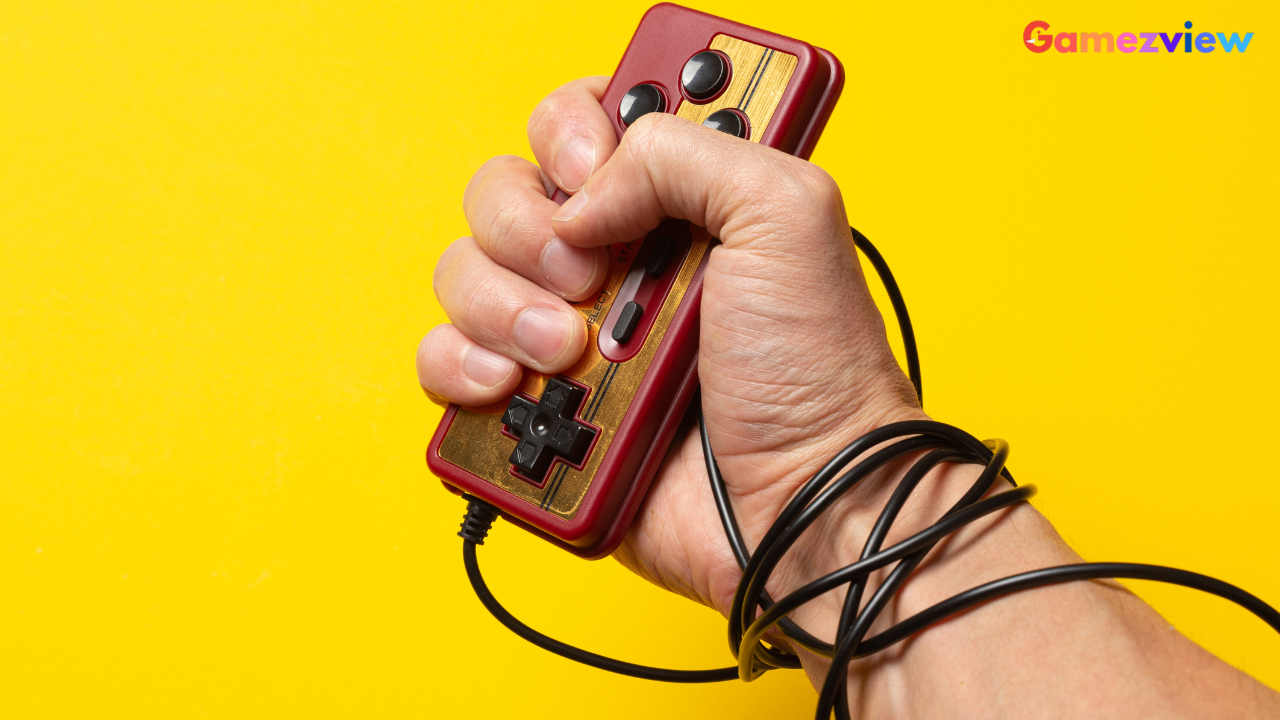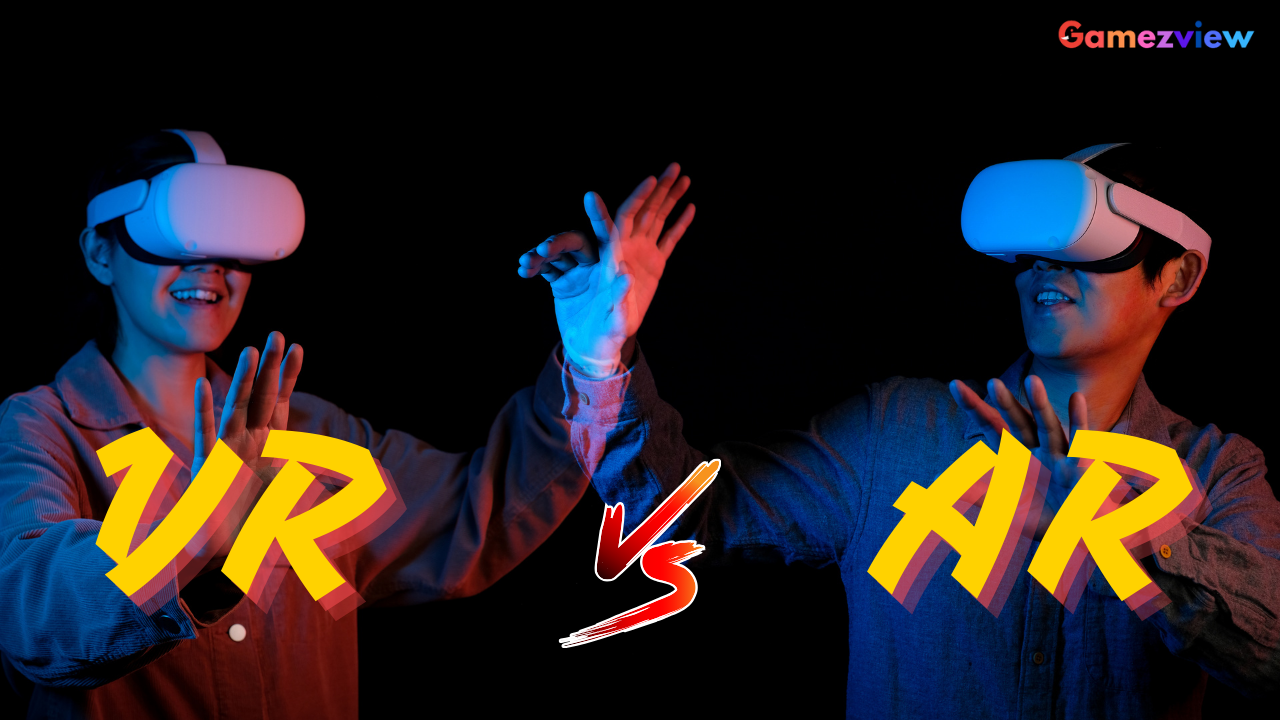Video games have become integral to modern culture, providing entertainment and escapism for millions worldwide. However, for some individuals, gaming can become more than just a hobby—it can become an addiction. Understanding the science behind game addiction is crucial for addressing this issue and helping those affected.
Game addiction, also known as gaming disorder, is characterized by excessive and compulsive gaming behaviour that interferes with daily life. While not officially recognized as a mental health disorder by all medical authorities, the phenomenon is widely acknowledged and studied by researchers and healthcare professionals.
Dopamine and Reward Pathways
One of the key factors driving game addiction is the brain’s response to gaming stimuli. When playing video games, the brain releases dopamine, a neurotransmitter associated with pleasure and reward. This dopamine release reinforces gaming behaviour, making it more likely that the individual will continue playing to experience the same pleasure again.
Immersive Gameplay Mechanics
Many modern video games are designed with immersive gameplay mechanics that hook players and keep them engaged for hours on end. Features like levelling up, unlocking achievements, and completing quests provide a sense of accomplishment and progression, triggering the brain’s reward system and encouraging continued play.
Social Interaction and Community
Online multiplayer games offer opportunities for social interaction and community engagement, further reinforcing gaming behaviour. Players may form bonds with fellow gamers, collaborate on tasks, and compete for rewards, creating a sense of belonging and camaraderie that keeps them coming back for more.
Escapism and Coping Mechanisms
For some individuals, video games serve as a form of escapism from real-life stressors and problems. Immersing oneself in a virtual world where one can temporarily escape from their worries and responsibilities can be incredibly appealing, leading to excessive gaming as a coping mechanism.
Psychological Factors
Certain psychological factors can also contribute to game addiction, including low self-esteem, depression, and anxiety. Video games provide a temporary escape from negative emotions and allow individuals to feel competent and in control, which can be especially enticing for those struggling with mental health issues.
Neurological Changes
Prolonged gaming can lead to neurological changes in the brain, similar to those observed in other addictive behaviors. Studies have shown alterations in brain structure and function in individuals with gaming addiction, particularly in areas related to reward processing, impulse control, and decision-making.
Risk Factors
While anyone can develop a gaming addiction, certain risk factors may increase susceptibility. These include:
- Genetic predisposition: Some individuals may have a genetic predisposition to addictive behaviours, making them more vulnerable to developing a gaming addiction.
- Environmental factors: Environmental factors such as peer pressure, family dynamics, and access to technology can influence gaming behaviour.
- Psychological vulnerabilities: Individuals with underlying mental health issues or emotional difficulties may be more likely to turn to gaming as a coping mechanism.
Game addiction is a complex phenomenon influenced by various biological, psychological, and environmental factors. Understanding the science behind game addiction is essential for developing effective prevention and treatment strategies. By addressing the underlying mechanisms driving gaming behaviour and providing support and resources for those affected, we can help individuals regain control of their lives and find a healthy balance between gaming and other activities.
FAQs

Is game addiction a recognized mental health disorder?
- While not officially recognized by all medical authorities, game addiction is widely acknowledged and studied as a behavioural addiction.
What are some signs that someone may be addicted to gaming?
- Signs of gaming addiction may include excessive gaming, neglecting responsibilities, withdrawal symptoms when not gaming, and difficulty cutting back on gaming time.
Can gaming addiction be treated?
- Yes, gaming addiction can be treated through various interventions, including therapy, support groups, and behavioural modification techniques.
Are certain types of games more addictive than others?
- Some types of games, such as massively multiplayer online role-playing games (MMORPGs) and competitive multiplayer games, maybe more addictive due to their immersive and social nature.
How can parents help prevent game addiction in their children?
- Parents can promote healthy gaming habits by setting limits on screen time, encouraging a balanced lifestyle, and fostering open communication about gaming habits and concerns



